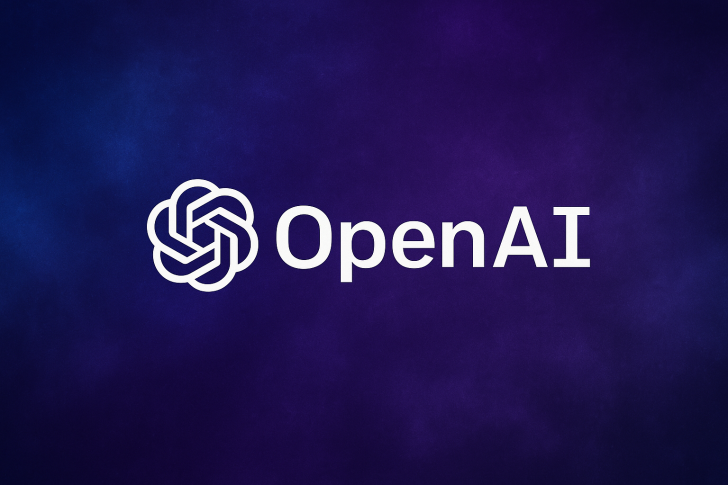As AI becomes woven into daily life, OpenAI is tackling one of its toughest challenges—making sure its models respond safely and empathetically when users are going through tough times. New research shows that GPT-5 has been significantly upgraded to better spot signs of distress, self-harm risk, and emotional attachment. It's a pivotal moment in how we think about the relationship between humans and AI.
OpenAI's New Focus on Mental Health Safety
AI analyst Haider. recently highlighted OpenAI's latest internal findings on "sensitive" user interactions. The data is eye-opening:
- 0.07% of weekly ChatGPT users show possible signs of psychosis or mania
- 0.15% show indications of suicidal ideation or self-harm risk
- 0.15% exhibit signs of emotional reliance on the AI
These numbers might sound small, but with ChatGPT's massive user base, they translate to hundreds of thousands of interactions every single week. That's why OpenAI has doubled down on improving GPT-5's emotional intelligence and ethical guardrails.
OpenAI's October 2025 update brought several key changes designed to make mental health conversations safer: working with over 170 clinical experts who helped train and test GPT-5 on sensitive scenarios like delusions, suicidal thoughts, and emotional attachment; boosting the model's ability to detect distressing behavior by 65–80% through fine-tuning; dialing back overly empathetic language that might encourage unhealthy attachment; and automatically routing high-risk conversations to GPT-5 instead of older models like GPT-4o, since GPT-5 is better optimized for supportive, measured responses.
Why It Matters
This touches on a bigger question in AI ethics: how should chatbots handle human vulnerability? Earlier models like GPT-4o sometimes mirrored users' emotions a little too well—accidentally reinforcing harmful beliefs or fostering dependency. GPT-5's redesign tackles that head-on.
"When AI starts feeling like a confidant, the line between tool and therapist gets blurry—and that's where things get risky," one AI ethics researcher noted.
By making GPT-5 more self-aware about its tone and limits, OpenAI wants to avoid deepening isolation or replacing real human connection.
OpenAI's approach shows the AI industry is maturing—moving beyond raw performance toward genuine ethical responsibility. Baking mental health awareness directly into model training is a big cultural shift. It positions GPT-5 not just as a productivity or creativity tool, but as one that's designed to minimize harm.
For users, this means more thoughtful, context-aware interactions during vulnerable moments. For developers and regulators, it signals a new era where the emotional and psychological impact of AI matters just as much as speed or accuracy. Some experts even predict that mental health safety audits could become standard compliance requirements for AI companies going forward.
 Saad Ullah
Saad Ullah

 Saad Ullah
Saad Ullah


